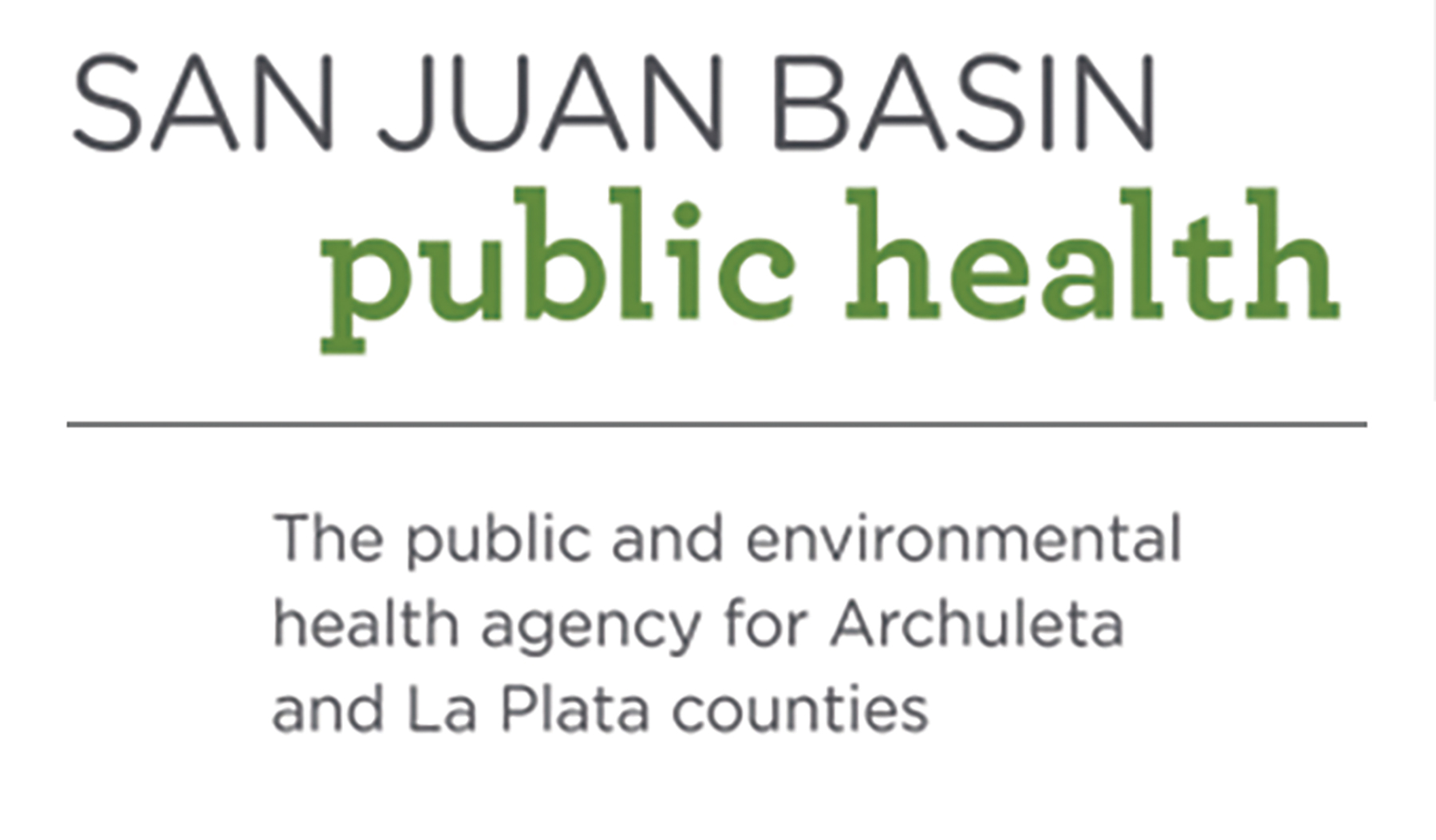Tests conducted in La Plata County have confirmed the presence of Respiratory Syncytial Virus, also known as RSV. San Juan Basin Public Health (SJBPH) advises residents to take precautions to prevent the spread of respiratory illnesses such as RSV, especially among children.
COVID-19 testing is crucial as we approach the fall and winter seasons, especially if you or your child are experiencing symptoms. A negative COVID-19 test for someone experiencing a high fever or sore throat may indicate the individual has another contagious respiratory infection, such as RSV. Those who suspect illness should seek RSV testing from their healthcare provider.
According to the Centers for Disease Control and Prevention (CDC), RSV is a common respiratory virus that causes mild, cold-like symptoms in most people. Although most people recover in a week or two, RSV can be dangerous, particularly in infants and the elderly. In the United States, RSV is the most prevalent cause of bronchiolitis (inflammation of small airways in the lungs) and pneumonia (lung infection) in children under the age of one. Hundreds of children have already been hospitalized this year in Colorado due to RSV related illness. With the Delta variant of COVID-19 spreading, it’s critical to limit the spread of RSV to prevent an additional strain on hospital care. To learn more about RSV, visit the CDC website.
This year, SJBPH anticipates an increase in respiratory illnesses in the community as individuals spend more time out of the house and at gatherings. These illnesses also include whooping cough (pertussis) and the flu (influenza).
Influenza is a highly contagious respiratory illness. Fever and respiratory symptoms such as cough, sore throat, headache, muscular pains, and exhaustion are all common symptoms of influenza. Infections can range in severity from asymptomatic disease to primary viral pneumonia and death.
Pertussis, commonly known as whooping cough, is another highly contagious respiratory disease. Pertussis is characterized by uncontrollable, severe coughing that makes it difficult to breathe. Pertussis can affect people of all ages, but it is more dangerous for babies under the age of one year.
If you’re at risk for a severe respiratory infection or if you interact with an older adult, you should take extra precautions to stay healthy. The following measures help prevent the spread of respiratory infections:
- Handwash often. Hands should be washed often with soap and water for 20 seconds. Use an alcohol-based hand sanitizer if soap and water aren’t accessible. Washing your hands helps to keep germs at bay.
- Keep your hands away from your face. Avoid touching your eyes, nose, and mouth with unwashed hands. Germs spread easily in this manner.
- Keep a safe distance from sick people. Avoid close contact with people who have cold-like symptoms, such as kissing and sharing cups or eating utensils.
- Cover your coughs and sneezes with a tissue. When coughing or sneezing, place a tissue over your mouth and nose. After that, throw the tissue away.
- Please be advised that a local public health advisory is in effect strongly urging face coverings in businesses and public indoor spaces. Wearing a mask, regardless of your COVID-19 vaccination status, will limit the spread of COVID-19 and other respiratory illnesses.
- Clean and disinfect surfaces. Surfaces that people commonly touch, such as doorknobs, should be cleaned and disinfected. RSV-infected people can spread germs by touching surfaces and items. Furthermore, droplets containing germs might land on surfaces and objects when a person coughs or sneezes.
- If you’re sick, stay at home. When you’re sick, try to avoid going to work, school, or public places. This will help prevent others from contracting your illness.
- SJBPH strongly encourages residents to receive their annual flu immunization. Likewise, getting vaccinated against pertussis is the most effective strategy to protect newborns, children, teenagers, pregnant women, and adults from the disease.
Currently, flu shots are widely available at pharmacies, grocery stores, or your doctor’s office. Young children can get flu vaccines at their doctor’s office or at SJBPH as soon as they are available (pharmacies rarely provide vaccines for children under eight years of age). Check with your pediatrician’s office or SJBPH for when a flu vaccine is available for your child.
Also, talk to your child’s doctor about scheduling routine vaccinations such as MMR, or call SJBPH’s Immunizations Clinic (970-335-2013) if you don’t have a primary care physician.
Find a local COVID-19 vaccine clinic or provider: https://sjbpublichealth.org/covid-19-vaccine/.
For more information about preventable disease, vaccinations, and controlling the spread of disease visit: https://sjbpublichealth.org/.

